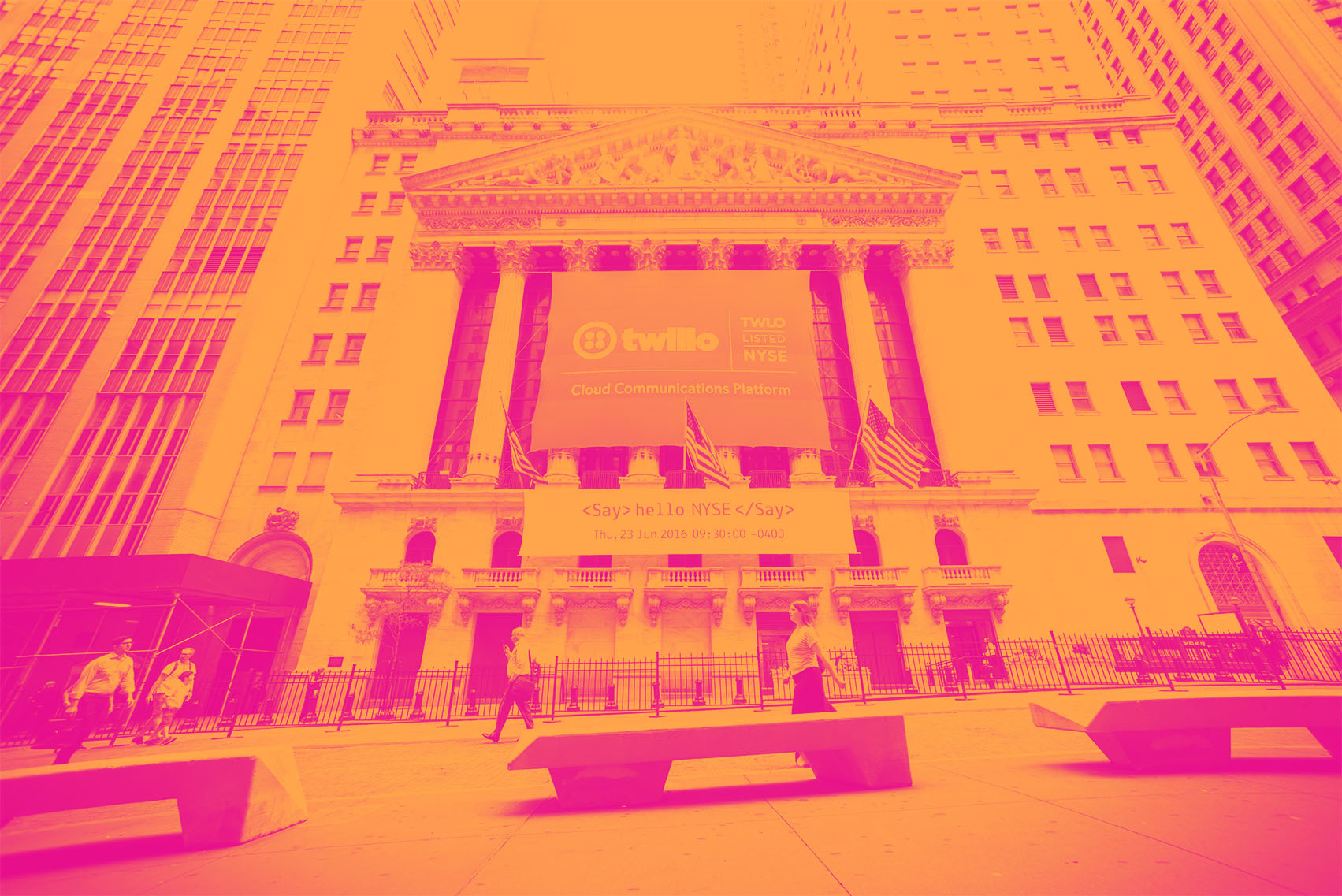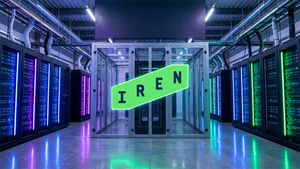
From commerce to culture, software is digitizing every aspect of our lives. This secular theme makes SaaS companies attractive investment candidates but also comes with higher valuations that cause volatility. Unfortunately, the rich prices have haunted them over the past six months as the industry has shed 1.9%. This performance was disheartening since the S&P 500 gained 5.6%.
A cautious approach is imperative when dabbling in these businesses as their valuations could plummet if AI disrupts their earnings potential. On that note, here are three software stocks that may face trouble.
Twilio (TWLO)
Market Cap: $17.9 billion
Founded in 2008 by Jeff Lawson, a former engineer at Amazon, Twilio (NYSE: TWLO) is a software as a service platform that makes it really easy for software developers to use text messaging, voice calls and other forms of communication in their apps.
Why Does TWLO Worry Us?
- Customers had second thoughts about committing to its platform over the last year as its average billings growth of 9.4% underwhelmed
- Estimated sales growth of 7.2% for the next 12 months implies demand will slow from its three-year trend
- Gross margin of 50.6% reflects its high servicing costs
Twilio is trading at $117.36 per share, or 3.9x forward price-to-sales. Check out our free in-depth research report to learn more about why TWLO doesn’t pass our bar.
BlackLine (BL)
Market Cap: $3.58 billion
Started in 2001 by software engineer Therese Tucker, one of the very few women founders who took their companies public, BlackLine (NASDAQ: BL) provides software for organizations to automate accounting and finance tasks.
Why Is BL Not Exciting?
- Products, pricing, or go-to-market strategy may need some adjustments as its 7.4% average billings growth over the last year was weak
- Estimated sales growth of 7.5% for the next 12 months implies demand will slow from its three-year trend
- Efficiency has decreased over the last year as its operating margin fell by 2.1 percentage points
BlackLine’s stock price of $57.45 implies a valuation ratio of 5.2x forward price-to-sales. To fully understand why you should be careful with BL, check out our full research report (it’s free).
Pegasystems (PEGA)
Market Cap: $8.99 billion
Founded by Alan Trefler in 1983, Pegasystems (NASDAQ: PEGA) offers a software-as-a-service platform to automate and optimize workflows in customer service and engagement.
Why Are We Cautious About PEGA?
- Annual revenue growth of 8.8% over the last three years was well below our standards for the software sector
- Estimated sales growth of 2.3% for the next 12 months implies demand will slow from its three-year trend
- Competitive market means the company must spend more on sales and marketing to stand out even if the return on investment is low
At $53.58 per share, Pegasystems trades at 3x forward price-to-sales. Dive into our free research report to see why there are better opportunities than PEGA.
Stocks We Like More
Market indices reached historic highs following Donald Trump’s presidential victory in November 2024, but the outlook for 2025 is clouded by new trade policies that could impact business confidence and growth.
While this has caused many investors to adopt a "fearful" wait-and-see approach, we’re leaning into our best ideas that can grow regardless of the political or macroeconomic climate. Take advantage of Mr. Market by checking out our Top 5 Strong Momentum Stocks for this week. This is a curated list of our High Quality stocks that have generated a market-beating return of 183% over the last five years (as of March 31st 2025).
Stocks that made our list in 2020 include now familiar names such as Nvidia (+1,545% between March 2020 and March 2025) as well as under-the-radar businesses like the once-micro-cap company Kadant (+351% five-year return). Find your next big winner with StockStory today for free. Find your next big winner with StockStory today. Find your next big winner with StockStory today





